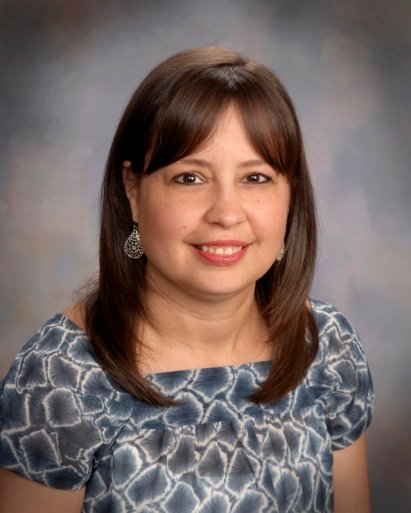Dr. Ileana Soto Reyes, Assistant Professor of Molecular & Cellular Biosciences

Tell us about the research that you are doing:
I was recently awarded a Faculty Early Career Development (CAREER) grant from the National Science Foundation (NSF) to study how metabolic balance determines the growth and patterning of cerebellar neurons, known as Purkinje cells, during development. Alterations in Purkinje cell development have been associated with neurodevelopmental disorders such as Autism spectrum. The research in our lab at Rowan has been focusing on understanding how disruption of developmental processes in the brain leads to neuronal dysfunction, behavioral deficits, and neurodegeneration using mouse models. This CAREER award is not only providing funding to support Rowan undergraduate students to do summer research in my lab, but also to cover stipends, traveling, and housing expenses for undergraduate students coming from Puerto Rico (PR) to join and work in my lab during the summer. We would like that undergraduate students from PR interested in Neuroscience have the opportunity to know about our research and graduate programs at Rowan University.
What made you want to undertake this work?
As a neuroscientist, I was intrigued as to how certain neurodevelopmental disorders and neurological diseases in children, become symptomatic after early developmental stages. The main goal of our research is to identify the developmental processes in the brain that are disrupted and silently preceding the symptoms of these neurodevelopmental and neurological disorders. As a professor, I want to promote a better STEM (Science, Technology, Engineering & Math) undergraduate education by training students in neuroscience research and developing their scientific and technical skills. As an underrepresented minority and first-generation scientist, I want to inspire and provide mentorship to STEM college students that also belong to underrepresented groups. It is my goal to help to increase the representation of minority groups in STEM.
Why would our students at Rowan University be interested in this work?
Neuroscience is one of the most multidisciplinary and interesting fields in science. Any student that wants to learn more about the nervous system and wants to develop scientific and technical skills will be interested in our work. The new funding, we are receiving will expand our research capacity and resources to perform new techniques in areas that include cellular and molecular biology, bioinformatics and behavioral studies using mice. I will be also designing a neuroscience laboratory course that will incorporate some of the techniques used in my research lab, so more students can be trained and benefited by our work. Students in my lab or participating in the neuro lab course will have a great opportunity to learn science by doing real science.
Is there anything else you’d like to tell us about your work?
It is very meaningful and rewarding to do this work, where you can positively impact so many lives by finding answers to relevant biological/biomedical questions while training the future STEM and medical professionals. I am so blessed to be able to do this.

